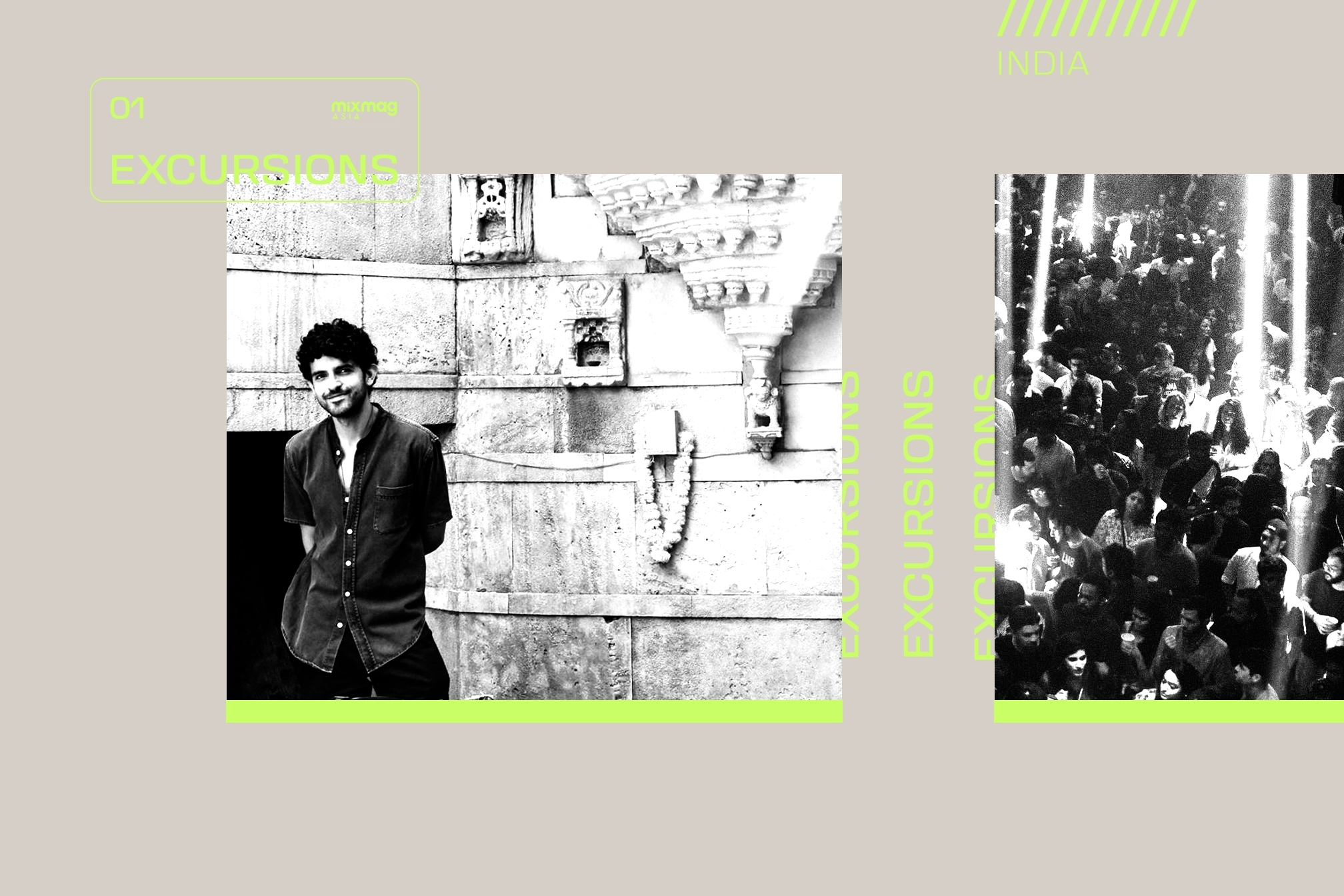 Features
Features
Excursions: How Jai Anand of Milkman reformed India’s raving reputation
Mixmag Asia gets the story on how the visionary brought proper party pleasures back to his homeland
Welcome to Excursions; our new feature series where we interview the providers of cultivating dance floors and distinctive musical affairs from around Asia. This week, we bring you the story of Mumbai-based Jai Anand from the Milkman crew.
The man behind Milkman sure has a lot to say about his experience in spiffing up the music scene in India. Returning home after becoming citizen of the Western world, Jai Anand came up with the notion of setting the standards of entertainment in his own country to match others’. Everything from sound to security was taken into consideration.
Building up the Milkman name and reputation during his time in Spain via its acclaimed parties (which even attracted the Dekmantel Festival founders from across the European continent), he thought why not continue this cult following in India? Sounds like the kind of nationalism we could get behind.
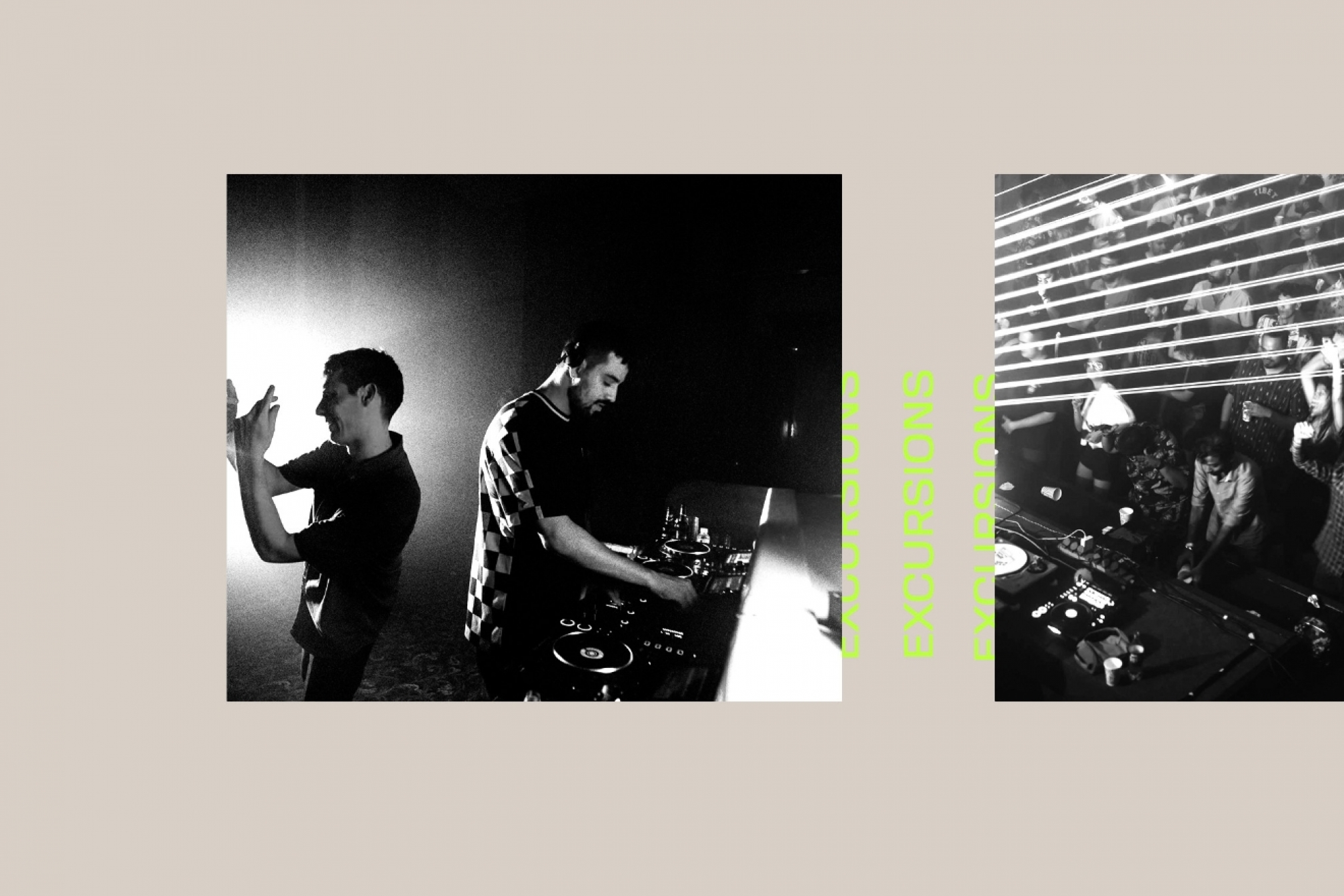
After obtaining a degree in music business from the distinguished Berklee College of Music in the United States, Anand was optimistic in implanting his newfound know-how of the industry to his motherland. Turns out, India is more of a “wild west” as he would say it, when it comes to raving resources. Luckily, the ambitious individual came ready with his arsenal of knowledge and networking from his days in New York, London, and Valencia to spruce things up in Bombay.
Now recognised for crazy monthly warehouse raves, Anand continues to provide top-notch musical experiences under the Milkman banner; both the label and event organiser. Not confining his offerings to a specific sound, he applies the philosophy of “good music is good music” no matter its genre or origins.
From the triumphs of their Terminal 1 events and their eclectic label releases to the genesis of the Milkman name, Jai Anand shares with us his stories, struggles and eventual successes of his journey to make India (properly) rave again.
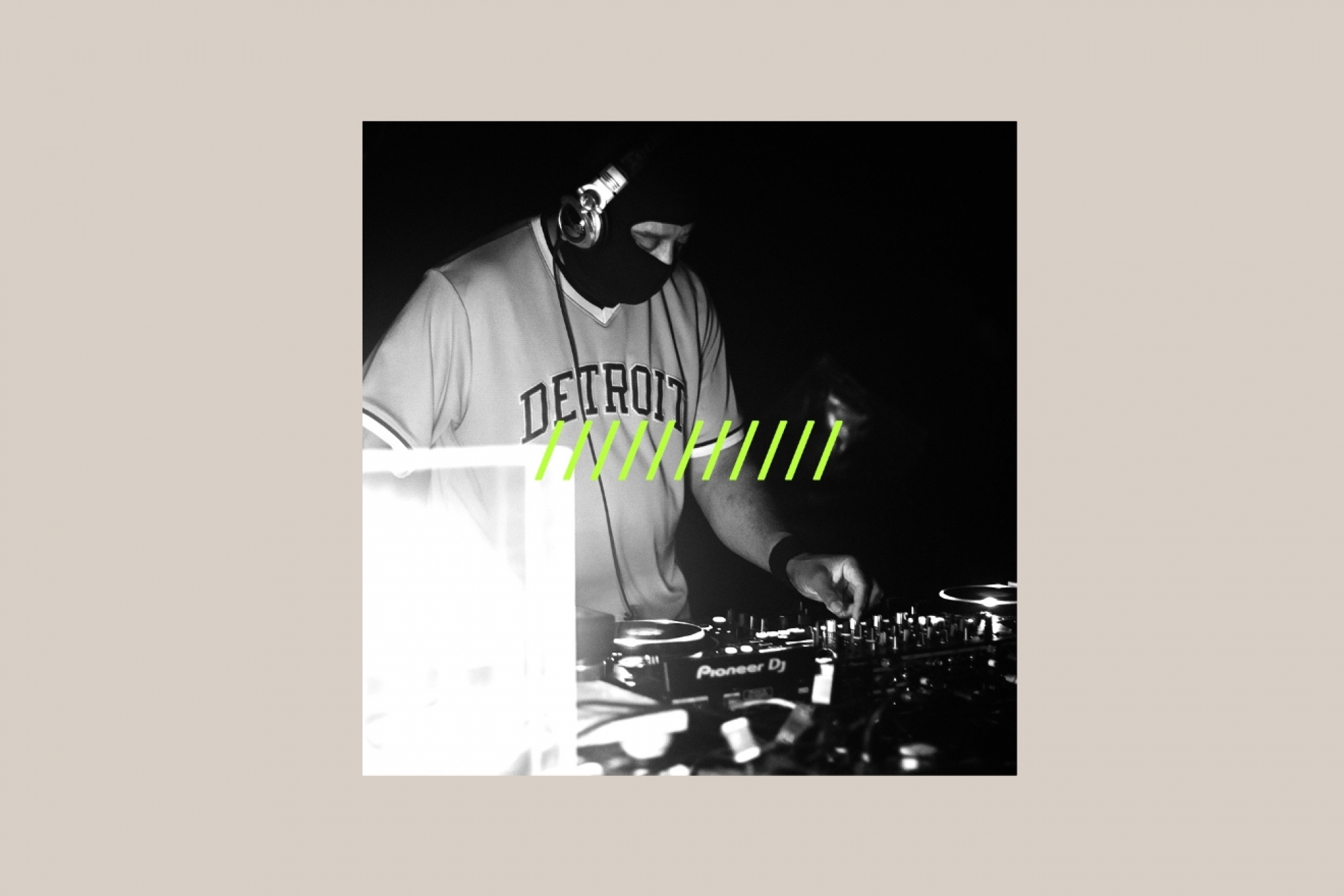
Hi, Jai! Tell us a bit about Milkman; what motivated the shift from being an events/party organiser to a music label?
Hello Mixmag Asia team! Before starting Milkman, I was applying for a job in A&R in the USA and UK at one of the major labels. Discovering new music has been a big part of my life since I was very young so I always knew that I would start my own label at some point. Releasing music on Milkman seemed like the best way forward.
Would you say that the two (event label and music label) are completely different entities?
Not at all. Milkman and Milkman Records are part of the same family.
We’ve been keeping tabs on your releases; between Azu Hoyvoy and Erika Leah, they’re both almost opposite-sounding! Does Milkman have its own distinct sound as a label and is there any specific direction in terms of future releases?
I’ve grown up listening to and being a fan of all kinds of music. It’s very important to have an open mind when you’re listening to different genres of music. My playlists have everything from hip hop to heavy metal to jazz to bossa nova to reggaeton to techno to regional music and so on. Good music is good music, regardless of the genre or where It comes from. I apply the same philosophy to the label, we want to put out interesting music and not stick to one genre or style. I think it’s the same with Milkman, we’ve toured so many different artists who all have their own sound. We never stuck to just one sound.
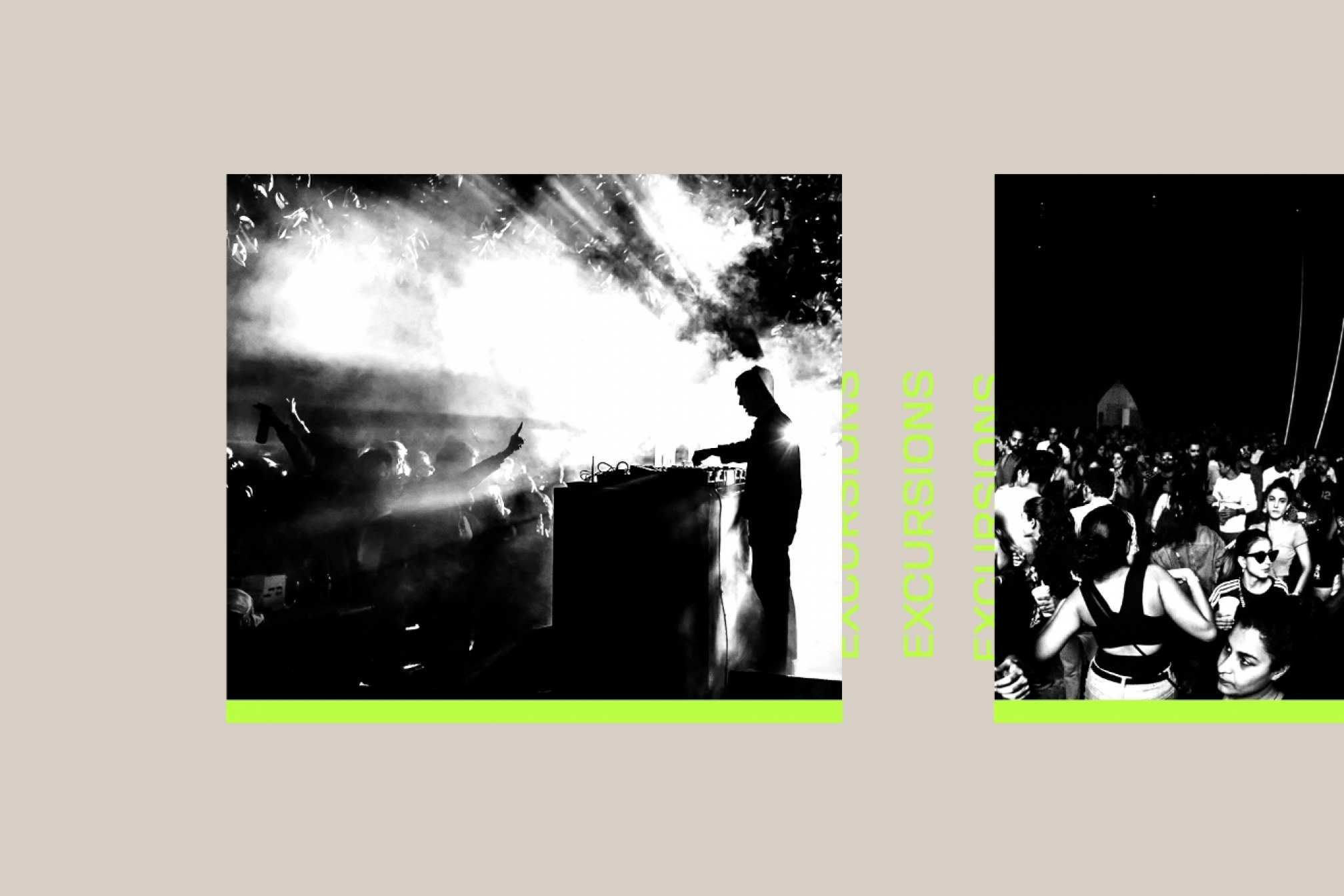
And the name choice? Any story behind the word “Milkman?”
It’s a weird and funny story actually. I used to drink a lot of milk in college because it tasted very different to what we had here in India. I would sometimes replace meals with a bottle of milk. I would even come home late after a party and drink milk. My roommate would jokingly call me “Milkman”, that’s how I thought of the name. A very uninspiring story right? Hah.
What got you into event promotion in the first place? Any specific festival that made you go “now this looks like a fun career to dive into!”?
I am grateful to have spent a big chunk of my life studying and working in New York, London and Valencia, Spain. During these years, I attended many gigs, raves music festivals and was inspired to do something similar in my country. During my time in Valencia, I started to throw the first “Milkman” parties with local DJs from the city. We even had the founders of Dekmantel festival, Dekmantel Soundsystem come down from Amsterdam to play for one of them. When I finally returned back home to India, I decided to continue throwing parties under the Milkman banner. To be honest, I didn’t realise how much of a cult Milkman would become and how many tours we would end up curating and producing over the years.
Milkman is deemed to have built the foundations of India’s rave-warehouse culture. How do you feel its presence has contributed to the rave scene in the country? What was raving like in India pre-Milkman?
When I moved back home to Bombay, I started working on the first Milkman tour. I always knew that the city never had any real venues that could host the kind of shows that I had envisioned. Most international tours would happen at restaurants that would make some sort of make shift dance floor by moving the tables and so on. On top of that, the sound was terrible as there was no soundproofing or any of that. Overall, it was just a really weird experience for everyone there. We did have some nightclubs of course but, at that time, they didn’t really support the sound we were booking. Now they all do, haha.
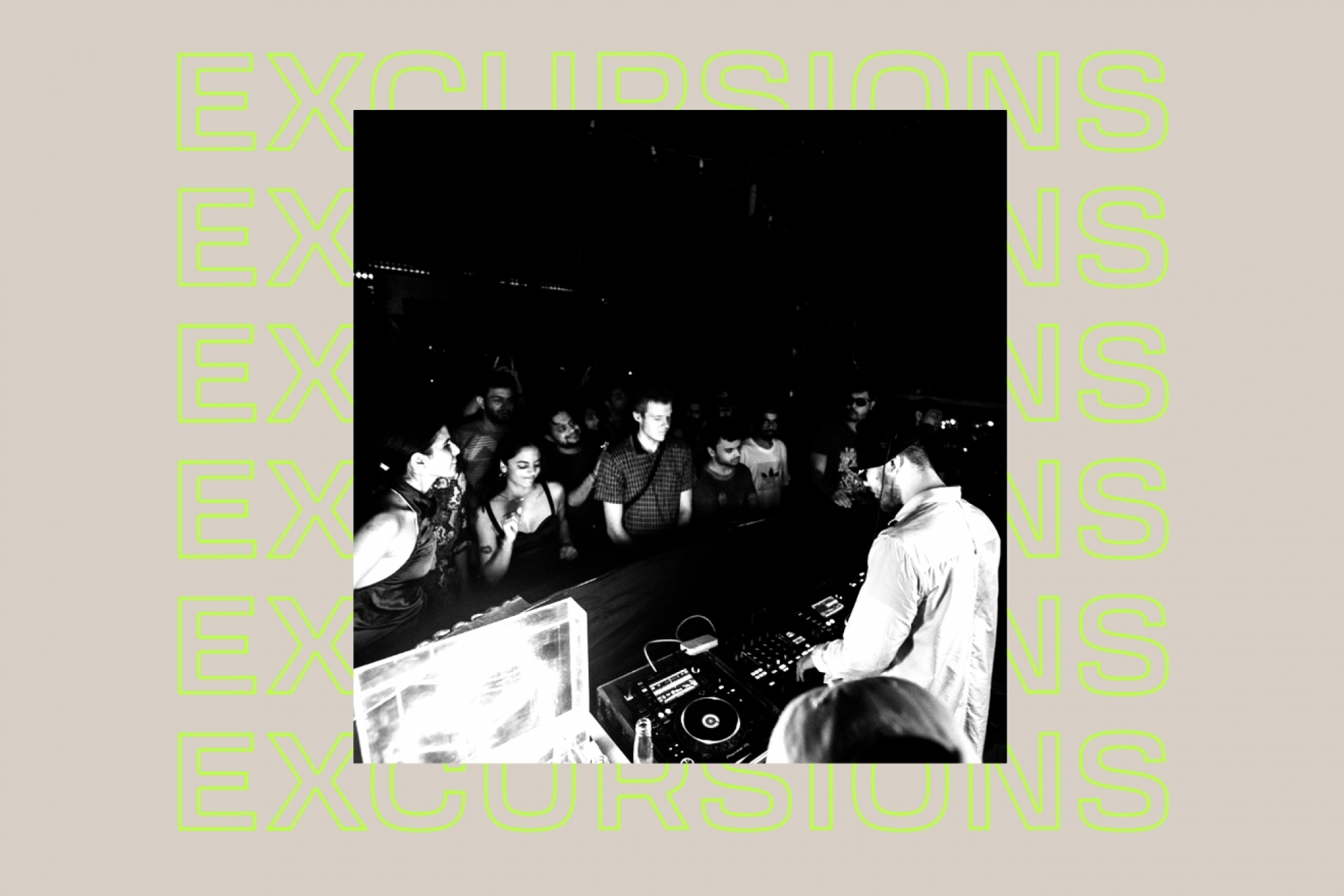
I came across Famous Studios, this Bollywood film studio in the centre of the city that had the look and feel of an industrial warehouse. This was really exciting for us because we could finally build the entire experience from ground up. Apart from the artist curation, we had total control on the production, sound, lights and other matters. By having this control, we could give people the best experience possible. Famous Studios is where we started throwing parties and that’s what most people recognise Milkman for, the crazy monthly raves at the warehouse.
A lot of events that took place and still take place in India have really poor production standards. The security isn’t up to the mark which leads to overcrowding in certain areas or there aren’t enough female toilets in comparison to male toilets or the ticketing box doesn’t have enough manpower which leads to massive lines outside. These are just a few examples of the issues people face at events in the country. I truly believe that Milkman raised the bar when it came to these matters. We gave equal focus and attention to all areas of the event so that everyone attending could have the best experience possible.
We’ve heard great stories about Terminal 1. How do you plan on growing the festival after two successful instalments?
Well, a few days after the second edition of Terminal 1, COVID happened. The second edition happened across Bombay - Day 1 was at a nightclub with Luca Lozano, Day 2 was at the warehouse (Famous Studios) with Helena Hauff, Aisha Devi (Live), Neil Landstrumm, Day 3 happened on a rooftop with Henry Wu and Samo DJ. It was such a wild weekend and many people still talk about it to this day. Since COVID, we haven’t really done any international tours or parties. We had planned an amazing NYE 2021 with Aisha Devi in Bombay but a rise in COVID cases resulted in the cancellation of the show. So yeah, It has been a slow few years for us. We definitely plan on doing the 3rd edition of the festival but we may wait for a little longer to plan it…
Any specific challenges in holding such events in the country?
I could write a whole book about this and I’m sure other local promoters would say the same. Organising a successful tour in India without any hiccups is a rare occasion for most promoters. To summarize it, most of the problems stem from the authorities creating unnecessary problems for the organisers of the event. You can get all your approvals, licenses and paperwork’s in place and still, they will show up to shut down the event for some strange reason or the other.
What were you studying at Berklee College of Music? Are you continuing that particular educational background in music today?
I graduated with a masters in music business from Berklee College of Music. At Berklee, we learned everything from artist management to artist contracts to copyright to event production to music marketing and so on. The education focus was very US centric though so, if you’re trying to move back to India and apply your learnings, it won’t necessarily work. This is mostly because of the lack of structure and standards in the live music industry, it’s more like the wild west here. Currently, I’m not pursuing a further education in music. We just launched our own premium small batch gin, Doja. It’s the world’s first Indo-Japanese gin and we plan to launch in international markets soon!
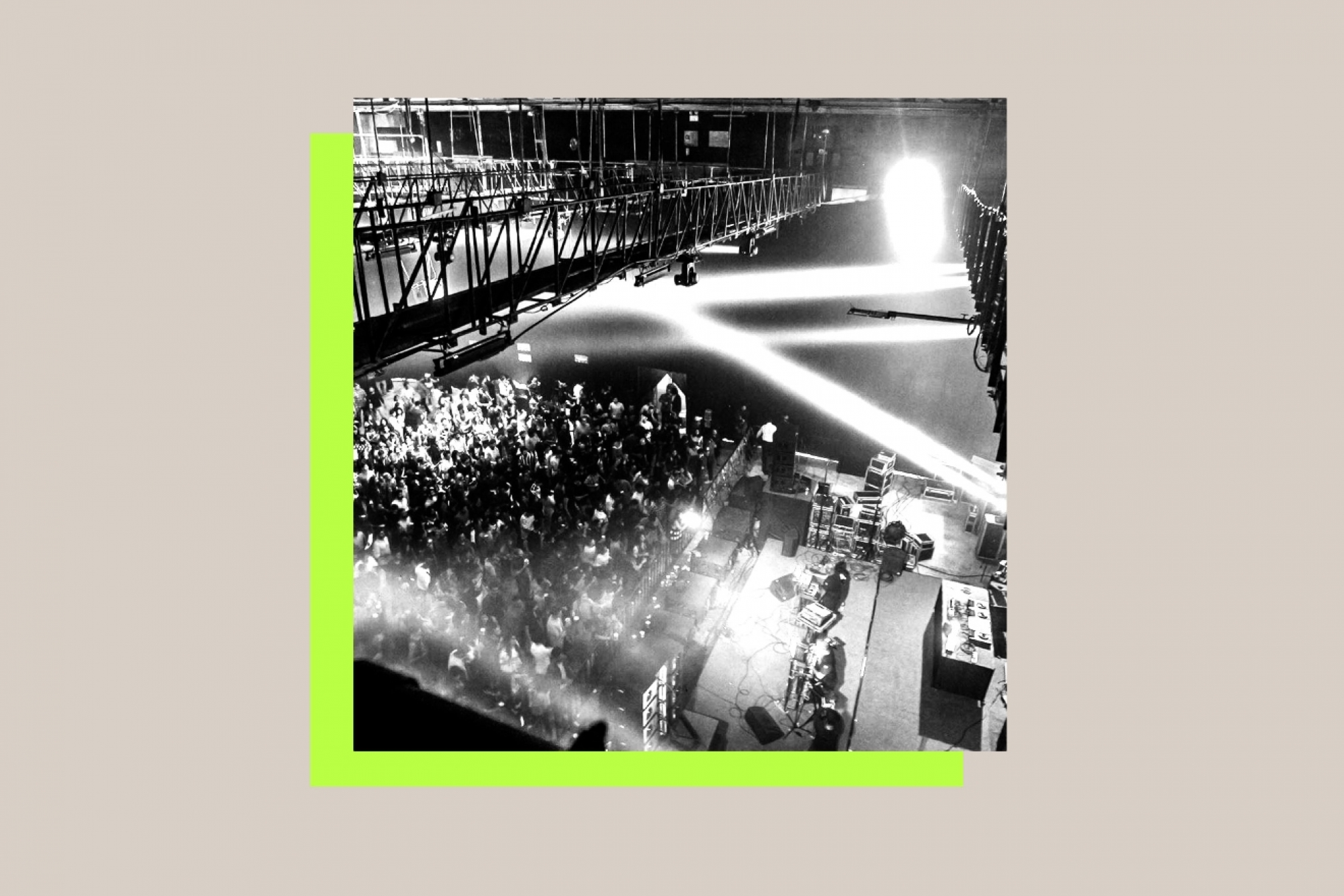
What’s your earliest memory with music?
My father loves music and has a massive collection of old live concerts from various artists on DVD. As a kid, I would watch a new one every day. We would literally sit for hours in front of the TV watching everything from classic rock to metal to jazz. That was my introduction to music.
What’s the most significant evolution you’ve personally experienced/witnessed in Asia’s music scene since you first started in it?
I can’t speak for the rest of Asia but with regards to India, I have noticed a bunch of international festivals bringing over their festivals to India. I see more of that happening in the coming years.
What’s one thing the world doesn’t know about India’s music scene?
The crowds in India are unlike any other. Most artists we’ve toured with Milkman have walked away saying that they’ve never experienced a crowd like that. The energy here is unreal.
Keep updated with Milkman’s ventures by following them on Instagram here.
Amira Waworuntu is Mixmag Asia’s Editorial Assistant, follow her on Instagram.


